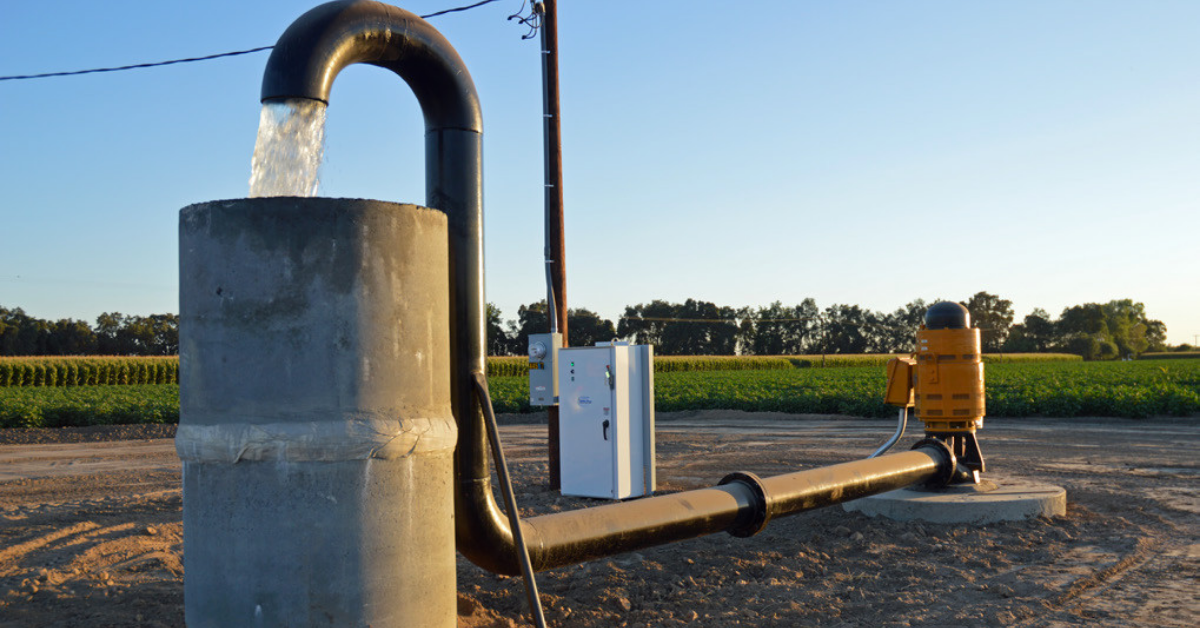Parts of Kings County will now face extra scrutiny from the state of its water use, with California officials voting Tuesday to step in with direct oversight of groundwater pumping.
It is the first time the state is taking action to oversee a region’s groundwater pumping.
The big picture: The State Water Resources Control Board unanimously decided to put the Tulare Lake subbasin on probation.
- That means groundwater pumpers in the subbasin, which covers Kings County, will be monitored with flow meters for those who use over 500 acre feet of groundwater annually.
- The state will also levy fees of $20 per acre foot of extracted water, as well as a $300 annual registration fee for every well.
The backstory: California’s oversight of groundwater pumping dates back to the Sustainable Groundwater Management Act of 2014, known as SGMA.
- SGMA requires local groundwater sustainability agencies in critically overdrafted areas to develop and implement sustainability plans.
- The Tulare Lake subbasin previously submitted plans to the state twice, but both plans were rejected, leading to the vote on Tuesday.
What we’re watching: Groundwater pumpers within the Tulare Lake subbasin have to record how much water they take from the ground within 90 days and report it to the state board, with the fees to follow.
- The Tulare Lake subbasin has one year to develop a more sustainable plan before the state can step in and impose pumping restrictions and more fines.
- This is just the first subbasin in the Central Valley to go before the board, with the Tule subbasin scheduled for Sep. 17, the Kaweah subbasin in November, and the Kern subbasin and Chowchilla and Delta-Mendota subbasin set for 2025.
What they’re saying: “Groundwater supplies in the Tulare Lake basin are clearly at risk, and we are acting today to protect this resource because communities rely on it for basic needs, in particular drinking water,” said Joaquin Esquivel, chair of the State Water Board, in a statement.











